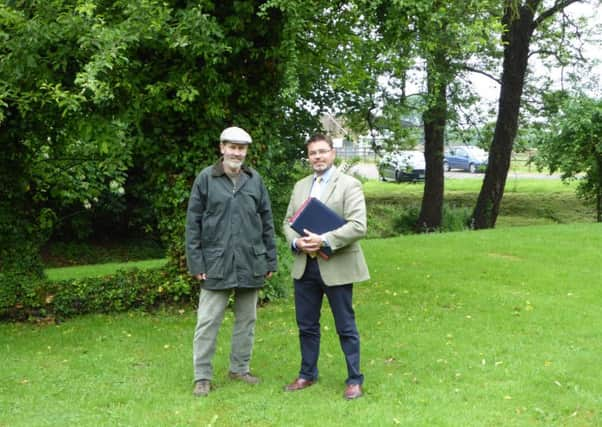FARMING MATTERS: The biggest decision for a farmer


This has entailed closing our little farm shop and preparing for the forthcoming sale of our Terrick Beef suckler herd, which will take place at Thame Market in mid June.
But of course the biggest sale is the farm itself. Retirement doesn’t necessarily have to mean the sale of the farm, and as a family we discussed many options and investigated several alternatives to selling up. But in the end, for many reasons, selling the farm seemed like the most sensible road to take at this stage.
Advertisement
Advertisement
Of course being sensible does not mean there is a lack of emotion and this is not an easy road to take. My husband has lived here his entire life, first with his parents and his sisters and brother, and in later years our own children have been brought up here and still view it as their childhood home.
The farm has always been more than a business, it has been the centre of our world.
We have been helped enormously with all aspects of the sale by the professionalism and patience of Mr Stephen Rutledge, a partner in the firm of chartered surveyors and rural property consultants who are handling the transaction.
Mr Rutledge told me: “The sale of their farm is more often than not the biggest decision a farmer will take and make in their lifetime, so there is a lot riding on it.
Advertisement
Advertisement
“Emotions can sometimes run high and we find ourselves providing advice that goes beyond what we would describe as just technical advice.”
After several months of preparations and meetings with Mr Rutledge and his team from Fisher German in Thame, they are now bringing people in to view the farm and we see and talk to him on a very regular basis.
He said: “I’ve noticed farmers rarely look back once they have taken the decision to retire and sell up.
“Some lead a conventional retirement, some retain a little bit of land and have a smallholding to allow them to carry on with some element of farming but in a much smaller way, and some go off and do other things and get very practical jobs that utilise their skills built up over the years because they can turn their hand to all sorts of things.”